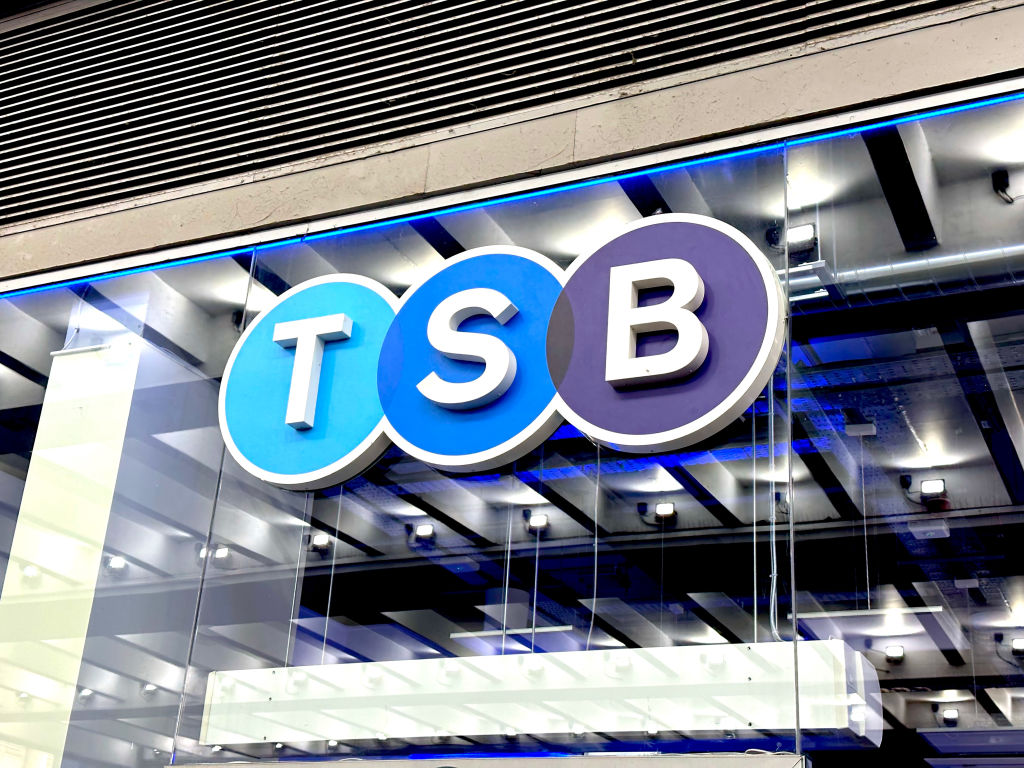RICS: UK election result and interest rate cuts will get property market moving
The return of political stability and hopes of a fall in the cost of borrowing could give the housing market a boost during the second half of the year - is now the time to buy?


The property market may finally get moving now that the general election is out the way, the Royal Institution of Chartered Surveyors (RICS) suggests.
Many property professionals and house price reports have suggested the housing market paused during the general election campaign.
But with Labour gaining power with a landslide majority and hopes of an interest rate cut in the coming months, the property market could be set for a recovery.
Subscribe to MoneyWeek
Subscribe to MoneyWeek today and get your first six magazine issues absolutely FREE

Sign up to Money Morning
Don't miss the latest investment and personal finances news, market analysis, plus money-saving tips with our free twice-daily newsletter
Don't miss the latest investment and personal finances news, market analysis, plus money-saving tips with our free twice-daily newsletter
RICS asks its members (estate agents and surveyors) a list of questions to gauge their mood on the property market each month.
Using their responses, it generates a percentage balance figure on key metrics such as house prices, buyer demand, and the volume of new property listings. A figure below zero indicates more respondents have responded negatively than positively.
Its latest report suggests that while the market was subdued in June, forward looking indicators such as sales expectations are turning more positive.
Tarrant Parsons, senior economist for RICS, says there are some factors emerging now that could support a recovery in the months ahead.
“If the Bank of England does decide that the current inflation backdrop is benign enough to start loosening monetary policy next month, this may prompt a further softening in lending rates,” he says.
“In addition, the recent election delivered a clear outcome, with housing pushed up the political agenda.”
The pre-election property market
RICS members had been positive about new instructions over the past six months.
But there was a change in mood during June as the nation prepared for the general election.
The flow of new instructions coming onto the sales market slowed last month, illustrated by a net balance reading of -9, while the level of market appraisals was flat.
The new buyer enquiries measure posted a net balance reading of -7% in June, broadly in line with the figure of -8% returned last month.
This marked the third successive month where enquiries have reportedly slowed. At the same time, the newly agreed sales gauge posted a net balance of -7% in June, marginally less negative than the reading of -13% seen previously.
These two downbeat readings followed a brief period of recovery earlier in the year, RICS said.
Signs of stability
With a new Labour government now in power, RICS members are hopeful that political stability will boost the property market.
A net balance of +20% of respondents now predict residential sales volumes will recover over the next three months. This is up from a reading of +10% last month and is the most upbeat figure for the near-term sales expectations indicator since January 2022.
This activity could feed into house prices, especially if interest rates are cut and the cost of borrowing falls later this year.
A net balance of +41% are expecting an increase in house prices in the next 12 months, RICs said.
Affordability pressures as well as demand issues remain in the short term though, with -17% expecting a decline over the next three months.
There are regional differences. East Anglia, the South East and South West of England all returned negative readings for house prices this month, RICS said.
Conversely, more surveyors are expecting house pries to rise in Northern Ireland and Scotland.
Sarah Coles, head of personal finance for Hargreaves Lansdown, says July may bring new hope to the market.
“This isn’t because of anything promised during the campaign,” she adds.
“Labour didn’t pledge any particular policies to boost demand - except an extension of the mortgage guarantee scheme for those with smaller deposits. Instead, agents are holding out hope for an upswing in consumer sentiment, buoyed by the optimism that a change at the top can engender, and hope that life in general will change for the better."
Coles says it remains a buyers’ market if you want to make a purchase now but cautions, “if the agents are right, you may need to take advantage of a relatively small window of opportunity. If optimism catches on, you’ll be competing with more buyers and hopeful sellers will hold firm on prices.”
Get the latest financial news, insights and expert analysis from our award-winning MoneyWeek team, to help you understand what really matters when it comes to your finances.

Marc Shoffman is an award-winning freelance journalist specialising in business, personal finance and property. His work has appeared in print and online publications ranging from FT Business to The Times, Mail on Sunday and the i newspaper. He also co-presents the In For A Penny financial planning podcast.
-
 Is property investment still as safe as houses? Why golden era could be over
Is property investment still as safe as houses? Why golden era could be overThe golden era of property is over and investors are better off in the stock market, new research suggests
-
 What Santander’s takeover of TSB means for customers
What Santander’s takeover of TSB means for customersSantander is set to buy rival TSB for £2.65 billion. What does it mean for customers, and could we see the TSB brand disappear from the high street?